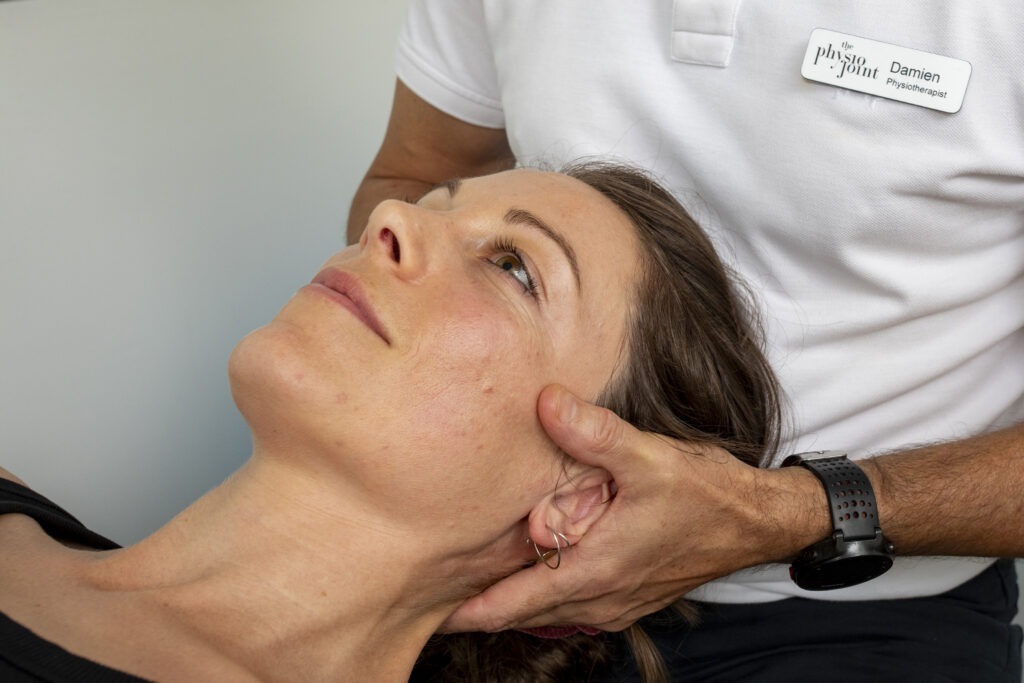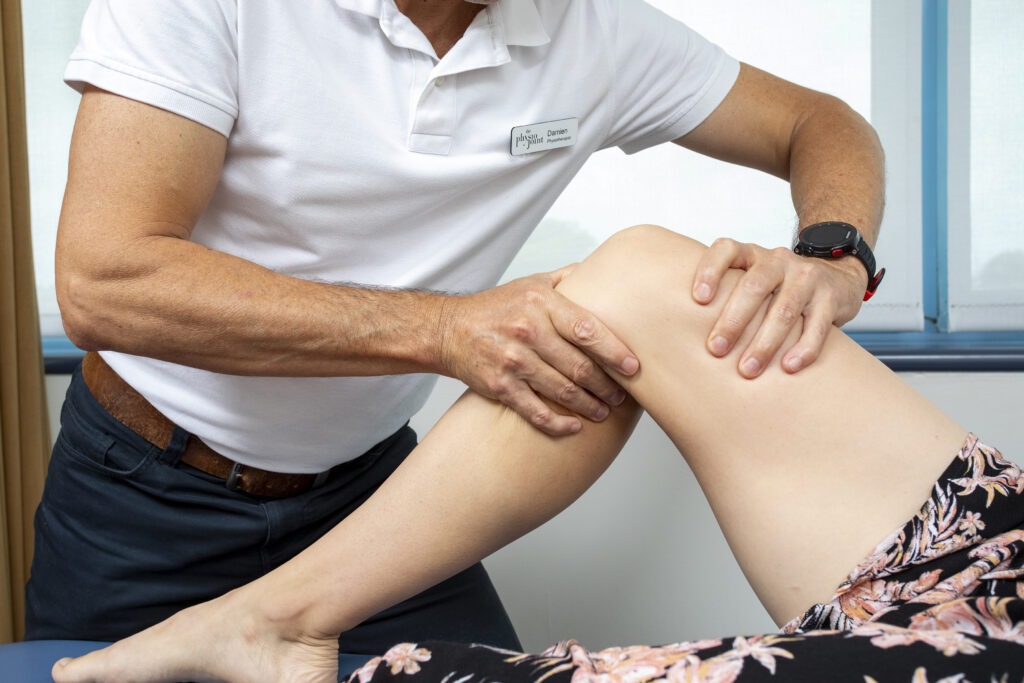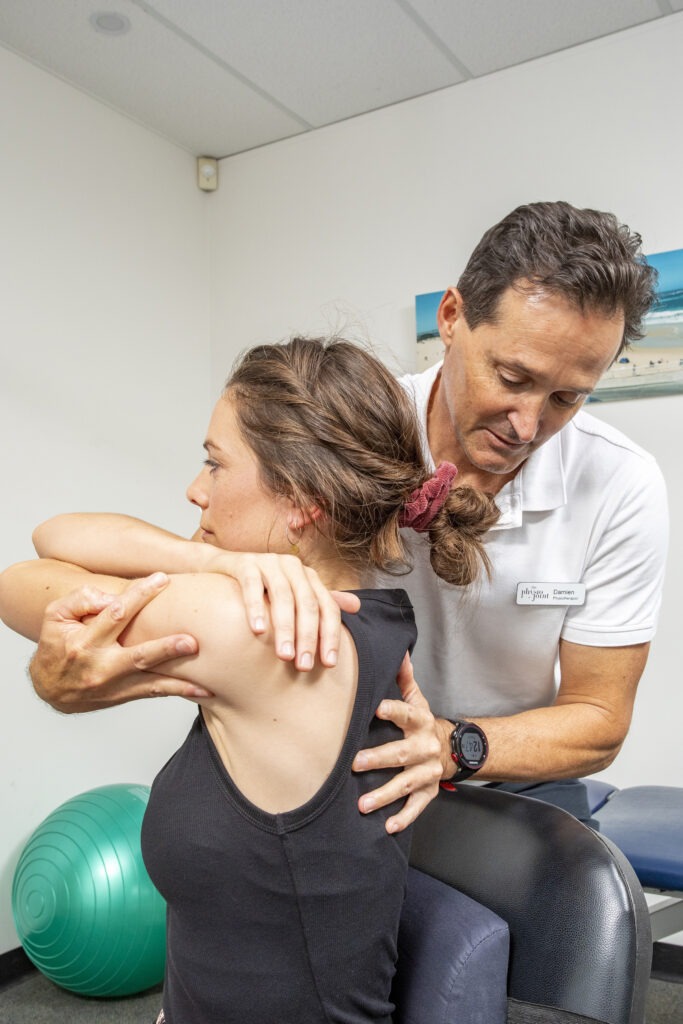Our skills are in manual and exercise therapy. This means that we can use many different hands on techniques applied to your muscles, ligaments and joints to improve the way movement occurs.
For example, we can apply gentle forces to spinal joints to improve minor position faults and allow better freedom of movement. The use of tape, bracing and exercise complement these manual therapy strategies to help reinforce and maintain freer movement patterns.

To successfully treat, we must first effectively assess. During your assessment, we will engage you to understand and explore why you have your injury.
You will learn about how your body works biomechanically and how to better control your movement. Most importantly, by being actively involved in the assessment and treatment process, you will learn how best to prevent future injuries.
You will have the power to maintain ease of movement in life. You will reduce your dependency on medical intervention and gain lifelong pain management and injury prevention skills.


You will find that, when you receive treatment at The Physio Joint, you will be expected to actively move with our guidance through patterns and directions of movement that ultimately gives you improved function.
No treatment that we provide is passive. We do not use electrotherapeutic machines because we understand that other active and self-applied treatment options are just as effective, more economical, more eco-friendly and more empowering for you. Even our massage therapy sessions have an active bias.

We are known in Newcastle for our work with spinal injuries and headaches. Our therapists have a special interest in treating people who have neck and/or back pain and the referral of symptoms from the spine into the limbs.
Our treatment philosophies are predominantly based on McKenzie, Mulligan, Maitland, Butler and Watson principles.
These philosophies have well grounded, evidence based, traditional physiotherapy principles. They are taught and used extensively around the world with Robin McKenzie, Brian Mulligan, Geoffrey Maitland, David Butler and Dr Dean Watson all considered “gurus” within our profession.